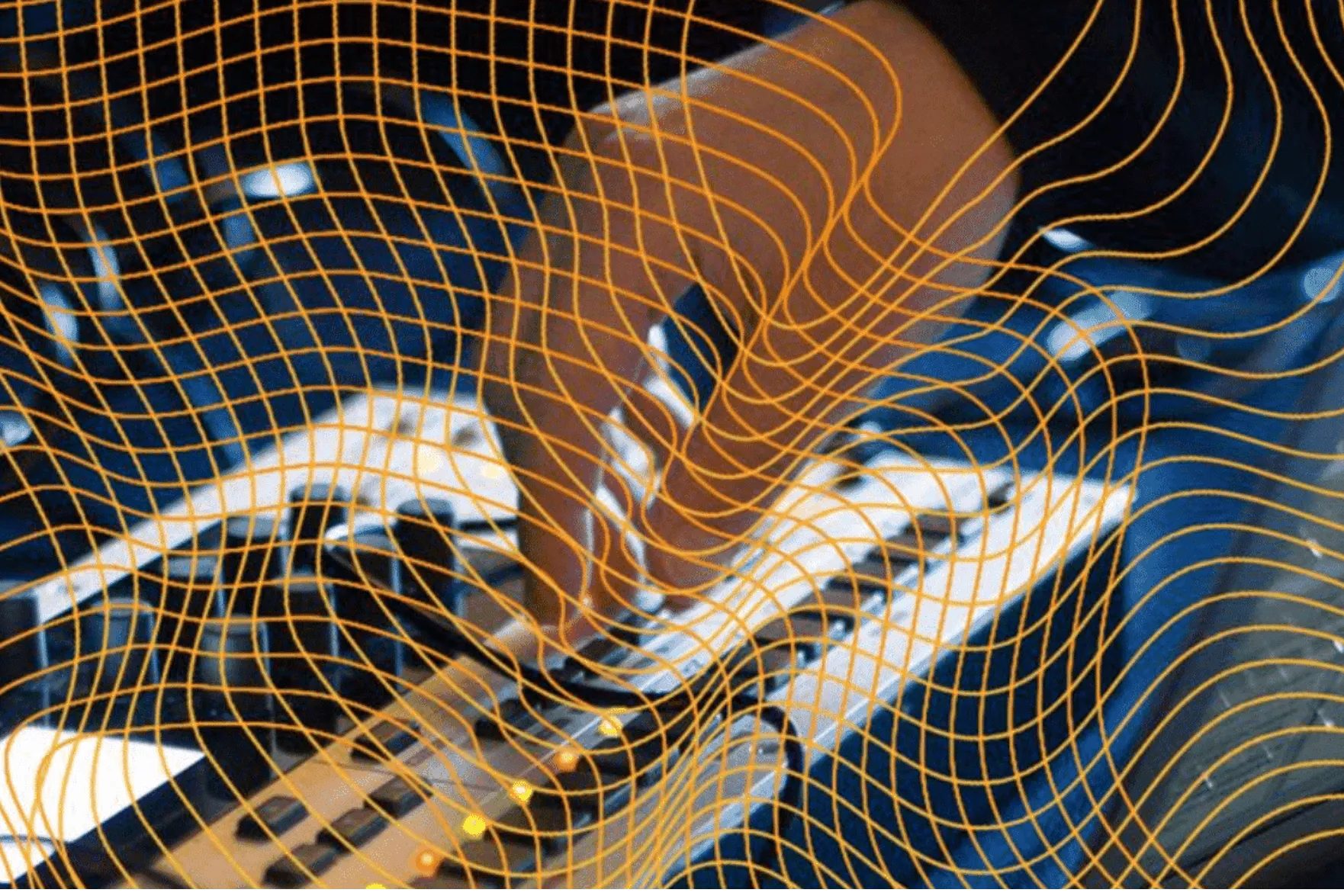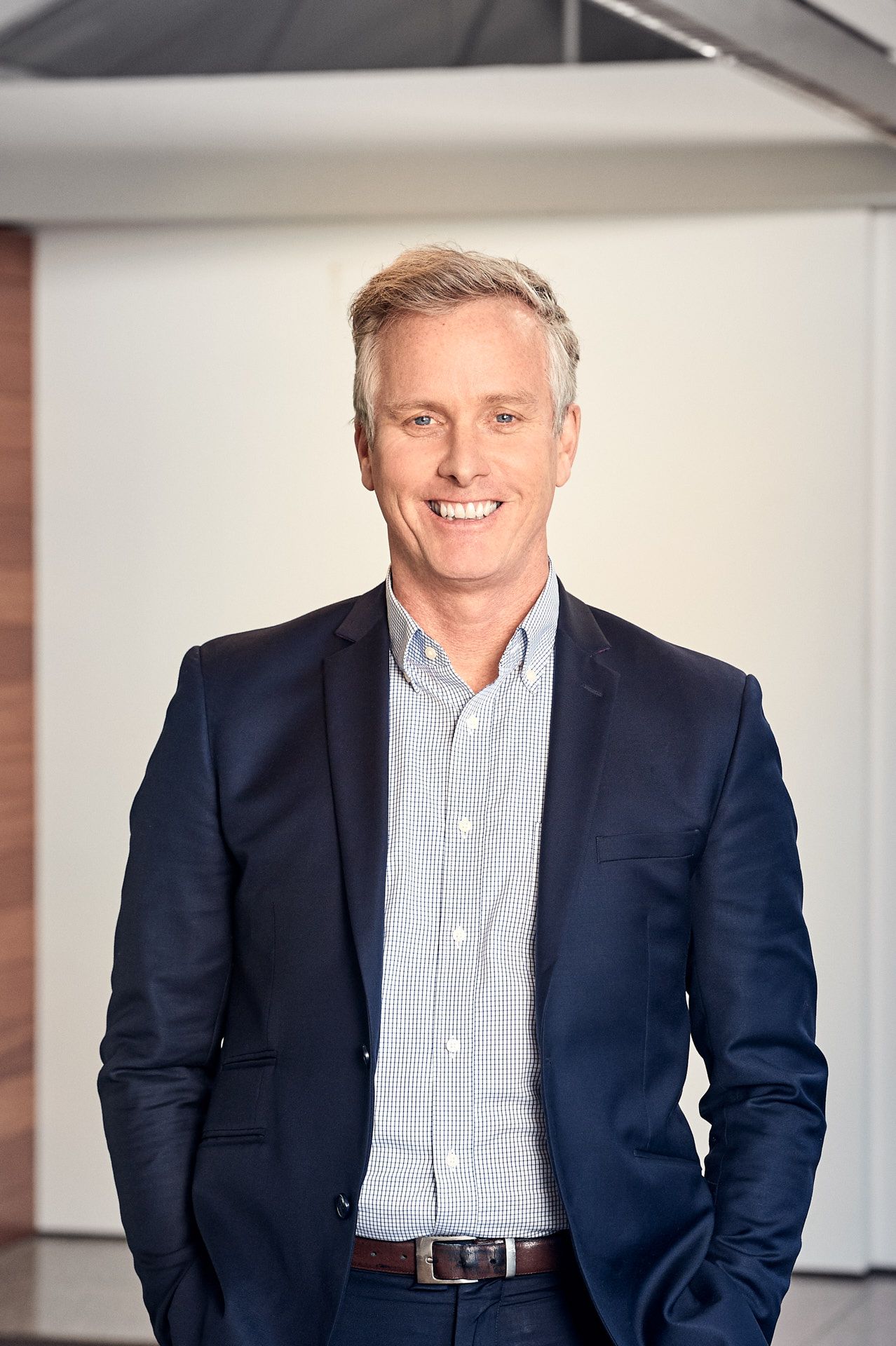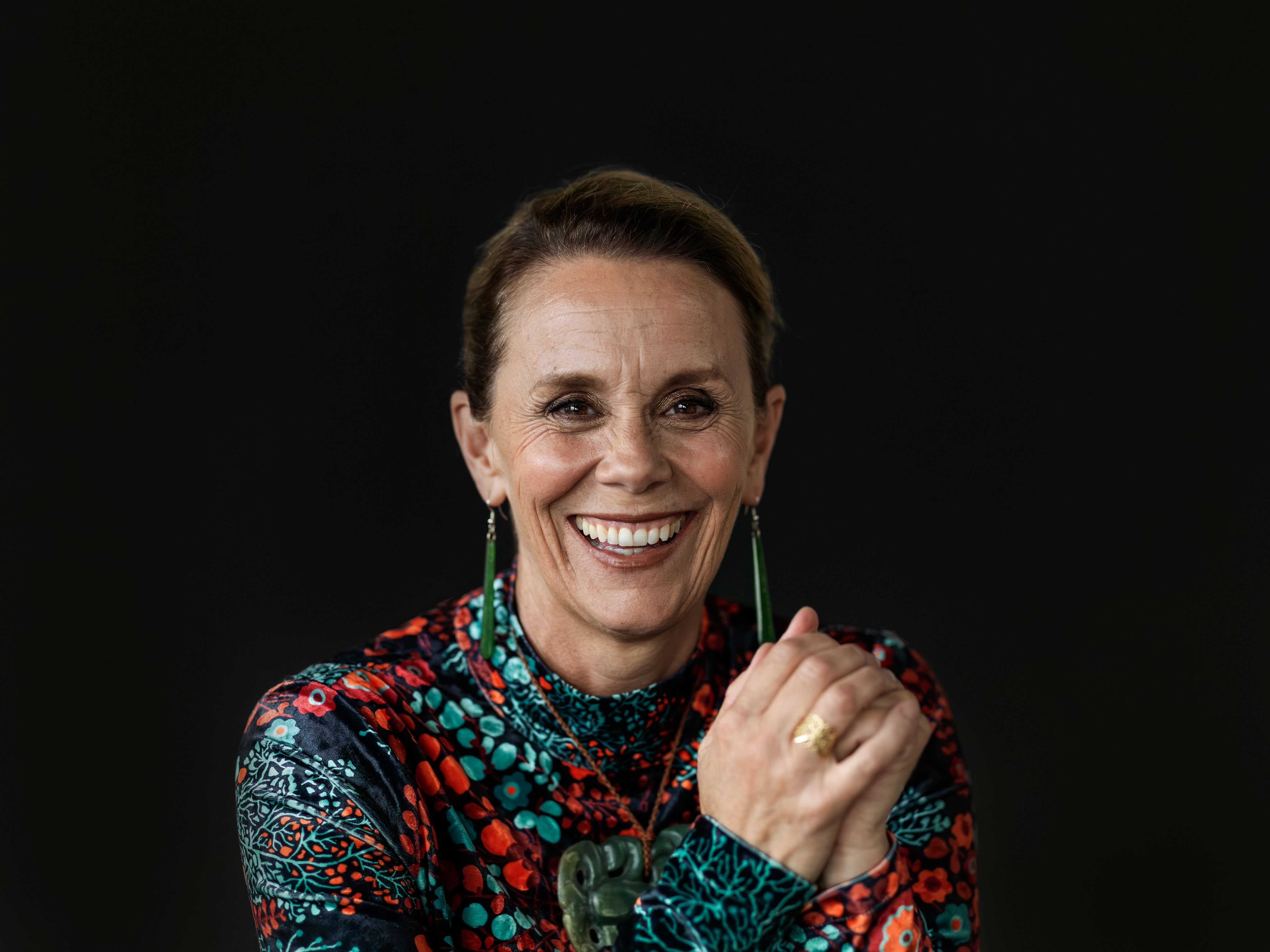$500M Blow - "Potentially Devasting" Report Into AI & Music Revealed
A comprehensive look into the music industry's relationship with AI is leading to a call for legislation to stop creatives being exploited and to avoid "a bleak future".
Written by

An estimated half a billion dollars is expected to be taken out of the pockets of music creators by the year 2028.
The culprit? Artificial Intelligence.
The largest report on the impact of AI on music in Australasia has just been released - commissioned by music rights organisation APRA AMCOS
The 131-page report, put together by Berlin-based consultation and research group Goldmedia, was made up of over 4,200 survey responses from APRA AMCOS members across Australia, New Zealand and living overseas during May/June this year.
Those taking part or interviewed included songwriters of the ilk of Jimmy Barnes, Kingdon Chapple-Wilson (KINGS), Missy Higgins, Peter Garrett and Tina Arena, along with composers, music publishers, industry experts and academics.
Among the key findings;
- By 2028, 23% of music creators’ revenues will be at risk due to generative AI, projecting an estimated cumulative total damage of over half a billion NZD ($572 million).
- Over half (54%) of those surveyed agree that AI technology can assist the human creative process, with Australian and New Zealand songwriters/composers being early adopters.
- 82% of music creators are concerned that the use of AI in music could lead to them no longer being able to make a living from their work.
APRA AMCOS New Zealand Head, Anthony Healey told The Big Idea "Currently there is enormous investment in AI technology globally and billions of dollars of value being created. None of this value will be shared with the creators on whose work this value is built.
'We are seeing the equivalent of a fast-tracked industrial revolution. Global forecasts relating to generative AI (Gen AI) wealth generation by 2030 are astronomical, yet no major Large Language Model (LLM) platform or Gen AI service has asked for consent or paid for the data used to train platforms and drive Gen AI outputs. The impact to creative industries will be significant.
"The exponential and inevitable growth of this technology we think, will have a dramatic impact, culturally and economically, on the creative community, and it’s critical that we get the creator’s perspective. We want this perspective to be part of the decision-making process, as regulation and policies are developed (or not) in the future."
Finding the sweet spot

It must be noted - it's not like the industry and musicians are shying away from dabbling with AI.
Healey explains "We commissioned the report because quite simply we know that New Zealand artists are innovators, always ready to embrace new technology. We wanted to understand where this was happening and how AI was already being deployed in the industry."
As CEO of survey driver Goldmedia, Klaus Goldhammer states "Australia and New Zealand are not just adapting to AI-driven changes – they are leading the way, setting a benchmark for the rest of the world.”
Of those surveyed, many use AI to assist with music creation, with 38% already using AI in their work and over half (54%) agreeing that AI technology can assist the human creative process.
Despite that, two-thirds (65%) think that the risks of AI use outweigh its possible opportunities and 82% are concerned that the use of AI in music could lead to music creators no longer being able to make a living from their work.
83% agree that due to the increase in AI-generated work, issues around visibility and discoverability of songs on streaming platforms are increasingly important, while a further 88% believe that music made by humans should be promoted on streaming platforms.
As NZ Music Hall of Fame artist, songwriter and APRA Chair Jenny Morris puts it, "At its core, music is a deeply human endeavour, a reflection of our emotions, stories and cultures. The emergence of AI challenges us to rethink how we create and protect this expression. While technology can enhance our creative processes, it is essential that we preserve the integrity and recognition of human artistry."
Healey adds “Songwriters, composers, artists and music companies have always been early adopters of new technology and the music business has been a digital business for some time.
"While everyone is amazed at the possibility of AI - right now the technology is being built on the backs of creators. It is only right that they be recognised and share in its future.”
Cultural appropriation risks

Among the survey's specific findings is concern over the protection of Māori cultural integrity. 76% of Māori members surveyed believe that AI could lead to an increase in cultural appropriation.
Dame Hinewehi Mohi (Ngāti Kahungunu, Ngāi Tūhoe), APRA AMCOS, Manukura Puoro Māori says: “Unregulated AI technology is a particular threat to Māori music and the potential for AI to lead to cultural misappropriation is massive.
"Maintaining the cultural integrity of Māori musical traditions and taonga puoro is important to our Māori members.”
Healey affirms that providing "our kaitito Māori had a voice in this discussion" was crucial to the organisation, noting that to prevent cultural appropriation, "permission processes from Māori must be upheld and respected. This is the same for works protected via normal copyright frameworks and works of indigenous cultural intellectual property (ICIP). "
Calls for legislation
The biggest issue isn't that AI exists - there's no putting that genie back in the bottle - it's that, to date, there is no remuneration system that closes the AI-generated financial gap for music creators. No regulations, no licence scheme.
Without this - the report findings underline - the industry is facing "a very bleak future" and the consequences are "economically devastating."
Almost all surveyed are concerned about the current lack of legislation around AI and music, particularly the need for credit, consent and fair remuneration for their work:
- 97% demand that AI providers should be obliged to disclose when they use copyrighted works as training data.
- 95% claim that copyright holders must be asked for permission before their works are used as input for AI systems.
- 97% demand that policymakers should pay more attention to the challenges related to AI and copyright.
Healey details, "All creators invest significant time and effort into their work, yet their intellectual property is being exploited by AI platforms without credit, consent or compensation.
"We all need to demand these basic considerations and voice our concerns about the lack of transparency in generative AI platforms. It is our firm view that platforms must acknowledge the creative content they scrape and copy, which is essential for generating AI outputs."
APRA AMCOS are urging governments on both sides of the Tasman to make a stand.
Healey declares "We will keep discussing the need for Australia and New Zealand to implement EU-style transparency guidelines on tech companies to disclose the content that has been copied and used without permission to build AI platforms. We all need to be calling for sanctions on those platforms for non-disclosure, based around the principle that the creators whose work is relied on by these platforms deserve consent, credit and fair remuneration.
"We will also continue working with our counterparts and peers around the world to ensure there is a united creative industry network to advocate to national governments and international bodies everywhere."
As Morris opines, "This report underscores the importance of ensuring that AI serves as a tool for empowerment rather than exploitation. By safeguarding the rights and livelihoods of songwriters and composers, we can foster a future where innovation and creativity coexist harmoniously.”